Affordable Snap-On Dentures: What to Expect.
An implant over-denture is a type of denture that is securely anchored by placing dental implants into the jawbone. This method offers superior protection and support compared to conventional dentures. Snap-on dentures are a specific type of implant-supported denture. They feature special fittings that allow them to snap-in to the dental implants placed by your dentist, ensuring a secure and comfortable fit. This approach provides numerous benefits, including enhanced stability and improved function.
Advantages of Implant-Supported Snap-On Dentures
Snap-on dentures offer several advantages over traditional dentures:- Enhanced Stability: Securely anchored with dental implants, providing superior stability compared to conventional dentures.
- Improved Speech Clarity: Implant-supported dentures enhance speech by providing a secure fit.
- Natural Appearance: Designed to look and feel like natural teeth.
- Reduced Gag Reflex: Special fittings reduce the gag reflex commonly associated with traditional dentures.
- Better Nutritional Intake: Improved stability enhances chewing efficiency, promoting a healthier diet.
- Fewer Sore Spots: The secure fit minimizes discomfort and sore spots.
- Increased Jawbone Retention: Implant support helps preserve bone structure and prevent bone loss.
- Easier Maintenance: Simple to clean and maintain compared to traditional options.
- Cost-Effective Solution: Offers a durable and long-term solution for tooth replacement.
Types of Dental Implant-Supported Over-Dentures
Types of Implant-Supported Over-Dentures include:- Implant-Retained, Gum-Supported Over-Dentures: These dentures rest on the gums and are anchored by implants in your jaw. They are removable and securely attached by the implants.
- Bar-Retained, Implant-Supported Over-Dentures: Connected to a metal bar with attachments to implants, this type is also removable and secured by the bar.
- Fixed, Implant-Supported Over-Dentures: Permanently attached to the implants, these dentures are removed only by a dentist and offer a near-natural appearance.
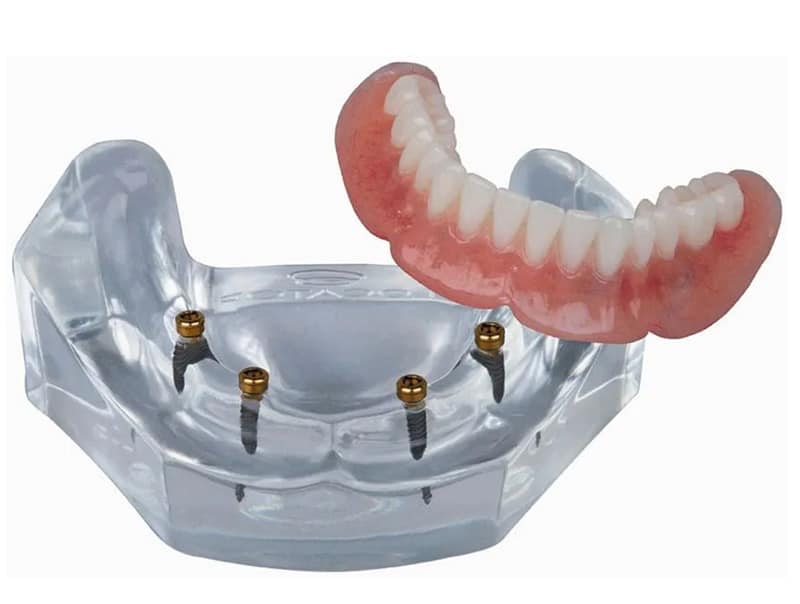
Procedure for Snap-On Dentures
The snap-on denture placement process includes the following steps:- Implant Placement Procedure: After tooth removal and necessary treatments, dental implants are placed into the jawbone. These implants remain in place for 4-6 months to integrate with the bone (osseointegration).
- Post-Treatment Consultation: An initial post-operative consultation is scheduled the day after surgery to examine the mouth, check for infections, and assess the fit of the snap-on dentures.
- Soft Liners: Cushioning agents are applied inside the dentures to improve fit and comfort while aiding in healing.
- Implant Uncovering: A minor surgical procedure is performed to uncover the implants, and a healing abutment is placed to promote healthy gum tissue growth.
- Attachment of Implants to Dentures: The abutments are adjusted, and the dentures are connected to the implants. This process is typically completed within one day but may occasionally take longer.
7 Advantages of Implant-Supported Dentures Over Conventional Dentures
Implant-supported dentures provide several advantages over traditional dentures:- Enhanced Stability: Anchored in the jawbone, offering superior stability.
- Improved Chewing Efficiency: Better stability improves chewing power.
- Better Nutrition: Enhanced chewing capability promotes a balanced diet.
- Increased Confidence: Reduced risk of denture slippage boosts confidence.
- Enhanced Functionality: Supports speech, smiling, and social interactions.
- Improved Quality of Life: Better stability and function contribute to a higher quality of life.
- Greater Comfort: Less coverage of the mouth reduces discomfort and gag reflex.
Drawbacks of Conventional Dentures
Traditional dentures come with several drawbacks- Reduced Chewing Efficiency: May compromise chewing power.
- Nutritional Deficiencies: Can lead to difficulty in chewing, affecting nutrition.
- Discomfort: Often causes discomfort due to fit and bulk.
- Increased Bone Loss: Do not stimulate the jawbone, leading to bone loss over time.
- Heightened Gag Reflex: Bulkiness can increase gagging.
- Social Embarrassment: Risk of shifting or discomfort can cause embarrassment during speaking or eating.
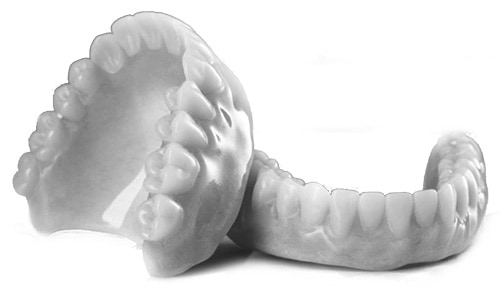
Midsouth’s #1 Choice for Dental Implants, Gum Disease Treatment, and Sedation Dentistry – Trusted by Thousands, Led by Award-Winning Specialists!






MEET THE DOCTORS
 Dr. Pradeep Adatrow
Board Certified Periodontal and Dental Implant Surgeon & Prosthodontist
Dr. Pradeep Adatrow
Board Certified Periodontal and Dental Implant Surgeon & ProsthodontistLearn More
WhyChoose us?
Dr. Adatrow was a full time Professor and Director for 14 years before he founded the practice
American Board Certified Periodontal and Dental Implant Surgeons
30 years of experience with over 25000 dental Implants placed
Family-owned practice and we stand behind our work
Thousands of Implant denture procedures done with 99% Success rate
We make you experience comfortable by putting you to sleep (IV Sedation) during the procedures
Frequently Asked Questions on Snap-on Dentures
Reasons to Choose Implant-Supported Dentures
Are Snap-On Dentures Right for Me?
What is Alveoloplasty and Its Purpose?
Are Mini-Dental Implants Used for Snap-On Dentures?
Will Snap-On Dentures Impact My Speech?
How Many Implants Do I Need for My Dentures?
Book An Appoinment
Ready for a New Smile?
“Ready for expert dental care? Book your appointment today at Advanced Dental Implant and TMJ treatment Southaven, MS. Our specialists provide top-tier treatments, from dental implants to TMJ solutions. Convenient online or phone booking available!”
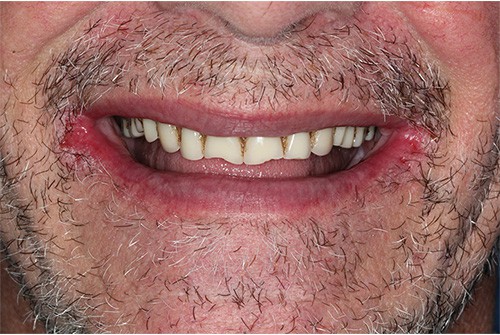
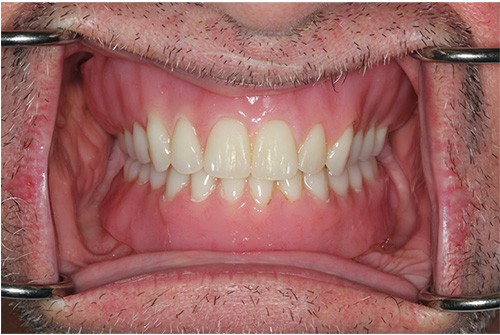
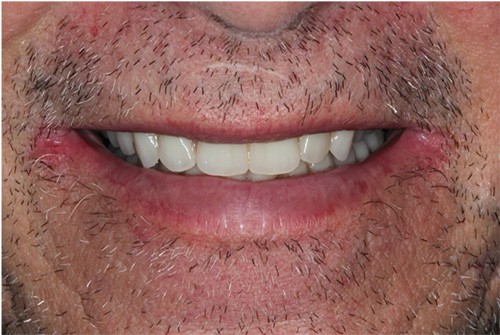


 Dr. Jay Patel
Board Certified Periodontal and Dental Implant Surgeon
Dr. Jay Patel
Board Certified Periodontal and Dental Implant Surgeon